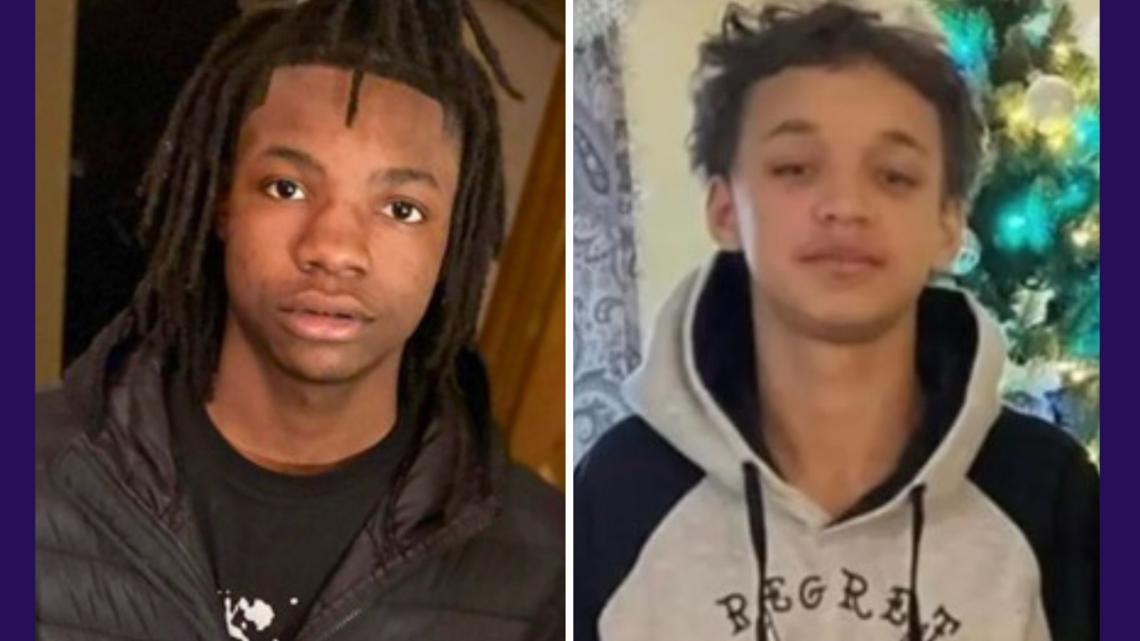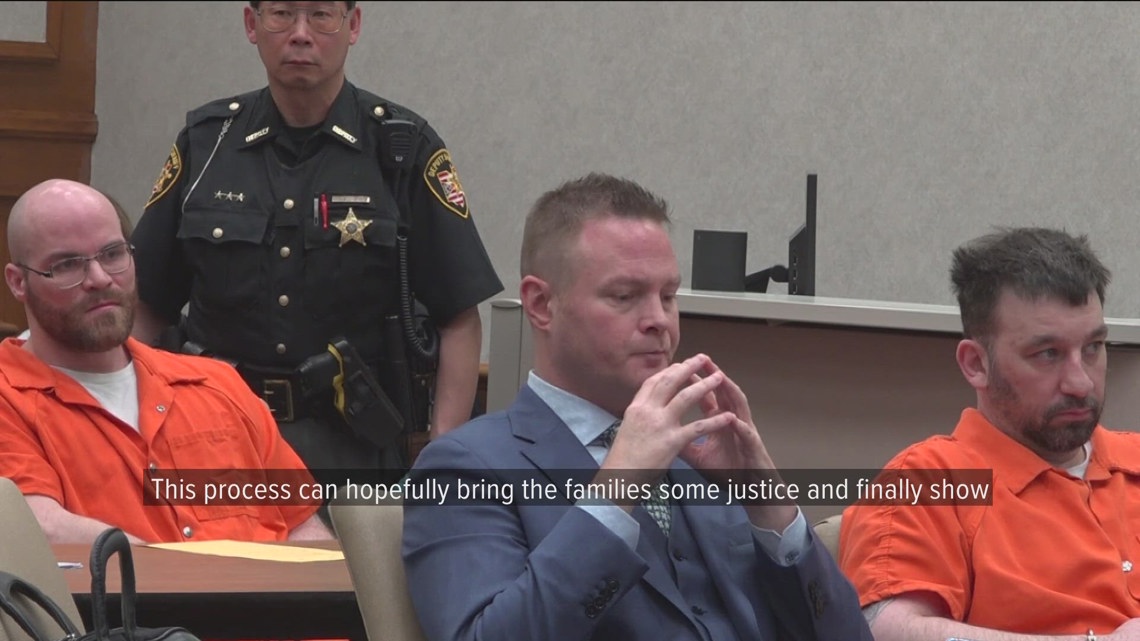Charles Walker’s appeal argues that an excluded message from a co-defendant could have raised doubt in the 2022 murder case of two Toledo teens.
TOLEDO, Ohio — Charles Walker, one of two men convicted in the 2022 murders of Toledo teenagers Ke’Marion Wilder and Kyshawn Pittman, is asking the Sixth District Court of Appeals for a new trial, claiming the jury never saw evidence that could have changed the outcome of his case.
In a newly filed reply brief, Walker’s appellate attorney, Michael Stahl, outlines eight legal and procedural errors he says deprived his client of a fair trial. Chief among them is the exclusion of a December 2022 text message sent by co-defendant Don Eames — a message Stahl argues strongly supports Walker’s innocence.
That message, sent on Dec. 6, stated that “two people were dead at 507 Maumee,” referring to the house from which prosecutors said the teens were taken alive by Walker and Brent Kohlhofer, who was also convicted of their murders. The teens’ bodies eventually were discovered in a house on Chase Street following an arson.


Defense attorneys believe the text message is important because it implies the boys were killed on Maumee Avenue and not taken away from that location by Walker and Kohlhofer.
Stahl contends the timing of the text — before the remains were found — raises serious questions about how Eames had that information and why it wasn’t presented to the jury.
“This is a statement against interest and should have been admitted under well-established hearsay exceptions,” Stahl wrote, adding that Eames’ refusal to testify at trial made the text the only available way for the jury to consider his knowledge or possible involvement.
Walker was convicted in May 2024 of aggravated murder, murder and kidnapping, and was sentenced to life in prison without the possibility of parole. His co-defendant, Kohlhofer, received the same sentence. Prosecutors said the two men, along with nine others who accepted plea deals, conspired to abduct, torture and kill the teens in retaliation for a string of burglaries.


During the trial, prosecutors argued that Walker used his own vehicle to transport the victims — bound and beaten — to a vacant house on Chase Street, where their bodies were later found in the basement after the home was set on fire.
However, Stahl now claims the state’s case relied heavily on testimony from co-defendants who were given plea deals and lacked physical evidence tying Walker to the murders.
The appeal brief also challenges other key aspects of the trial:
- Restricted cross-examination: Stahl says the defense was improperly blocked from questioning witnesses about other suspects and vehicle descriptions tied to “black Chevys” like the one Walker drove.
- Contradictory testimony: A Toledo detective testified that Walker’s phone was near the crime scene — directly contradicting the state’s own expert, FBI Agent Orlando, who said the data did not support that claim.
- Ineffective assistance of counsel: Stahl argues that Walker’s trial attorney failed to preserve critical objections and challenge flawed evidence.
Stahl is asking the court to either reverse Walker’s conviction and release him or grant a new trial.
The Sixth District Court of Appeals will now review the filings from both the defense and the prosecution before issuing a ruling. No timeline has been set for a decision.
This case was the focus of WTOL 11’s February 2025 documentary “11 Investigates: Piecing Together The Puzzle – The Murders of Two Toledo Teens,” which uncovered details about the investigation, including interviews, interrogation footage and extensive case file access.
This article was published by Victoria Dugger on 2025-05-09 16:40:00
View Original Post




